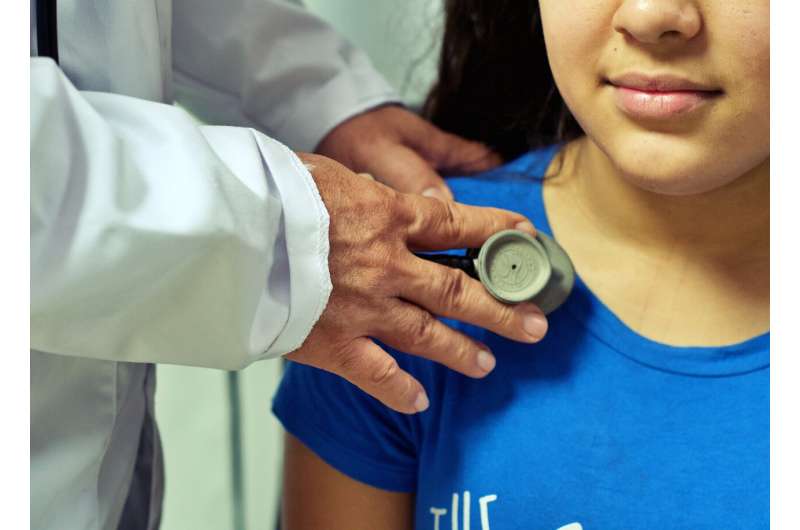Research Reveals Gaps in Health Monitoring for Children on Antipsychotic Medications

A new study finds that children prescribed antipsychotics in Australia receive inadequate health monitoring, raising concerns about metabolic and hormonal risks during critical developmental periods. Improved systemic checks are urgently needed.
A recent study conducted by researchers at the University of Adelaide has uncovered significant shortcomings in the routine health monitoring of children and adolescents prescribed antipsychotic medications in Australian general practice. The investigation, published in the Australian and New Zealand Journal of Psychiatry, analyzed medical data from 2011 to 2017, focusing on how effectively healthcare providers monitored potential adverse metabolic effects, including obesity, high blood pressure, elevated cholesterol, and increased blood glucose levels, all of which can predispose young individuals to type 2 diabetes.
The findings highlight that only about 10.4% of young patients had their weight checked at least three times within the first year of starting antipsychotics, falling well below the recommended frequency of seven to nine assessments outlined in clinical guidelines. Moreover, monitoring for cholesterol and blood sugar was markedly inadequate, with only 0.6% and 0.9% of patients, respectively, receiving checks at the advised intervals. Checks for prolactin, a hormone that can rise due to antipsychotics and lead to issues like low bone density, osteoporosis, and hormonal disruptions during puberty, were rarely performed.
Lead researcher Dr. Julie Klau emphasized that these low levels of monitoring pose serious health risks, especially during critical developmental phases. Risperidone, a commonly prescribed antipsychotic for children including those with autism or conduct disorder, is known to significantly increase prolactin levels in over 30% of users, underscoring the importance of hormonal checks.
The study also compared the frequency of health checks among children on antipsychotics with those not on these medications, revealing that the former group received only slightly more frequent assessments—on average, half an extra check per year—highlighting a lack of consistent monitoring. Professor Jon Jureidini pointed out the uncertainty surrounding the overall quality of health monitoring within the healthcare system, suggesting that many checks might be conducted by specialists outside general practice.
This research underlines the urgent need to review and improve safety protocols for young patients prescribed antipsychotics. Establishing a coordinated, system-wide approach could facilitate more consistent and timely health assessments, ultimately safeguarding the well-being of this vulnerable population.
Stay Updated with Mia's Feed
Get the latest health & wellness insights delivered straight to your inbox.
Related Articles
Research Links Pathogen Adaptation to Autoimmune Risks in Han Chinese Population
A new study explores how HLA gene evolution in Han Chinese influences resistance to pathogens and risk of autoimmune diseases, highlighting the origins of immune-related conditions through evolutionary insights.
Exploring Autobiographical Hyperthymesia: The Case of Exceptional Memory and Mental Time Travel
Discover the fascinating case of a 17-year-old girl with extraordinary autobiographical memory, offering insights into the neural mechanisms of memory and mental time travel. Learn about research on hyperthymesia and its implications for understanding human cognition.



